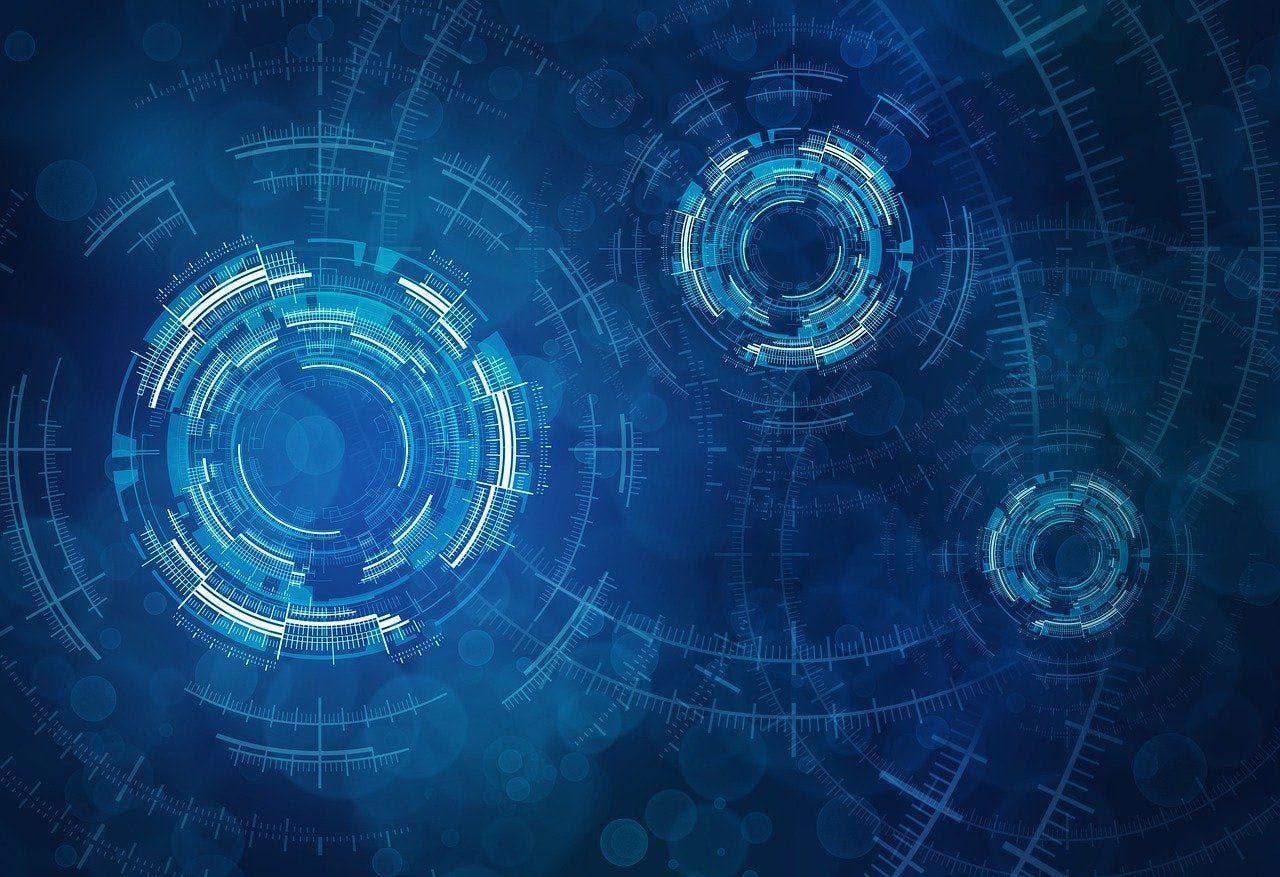578 reads
The Future of the Internet Lies in Decentralization: Dr. Zamboglou
by
December 29th, 2021
Audio Presented by
About Author
HackerNoon Contributor of the Year Fintech 2022
Comments
TOPICS
Related Stories
10 Essential Essays on Bitcoin
Aug 07, 2020

